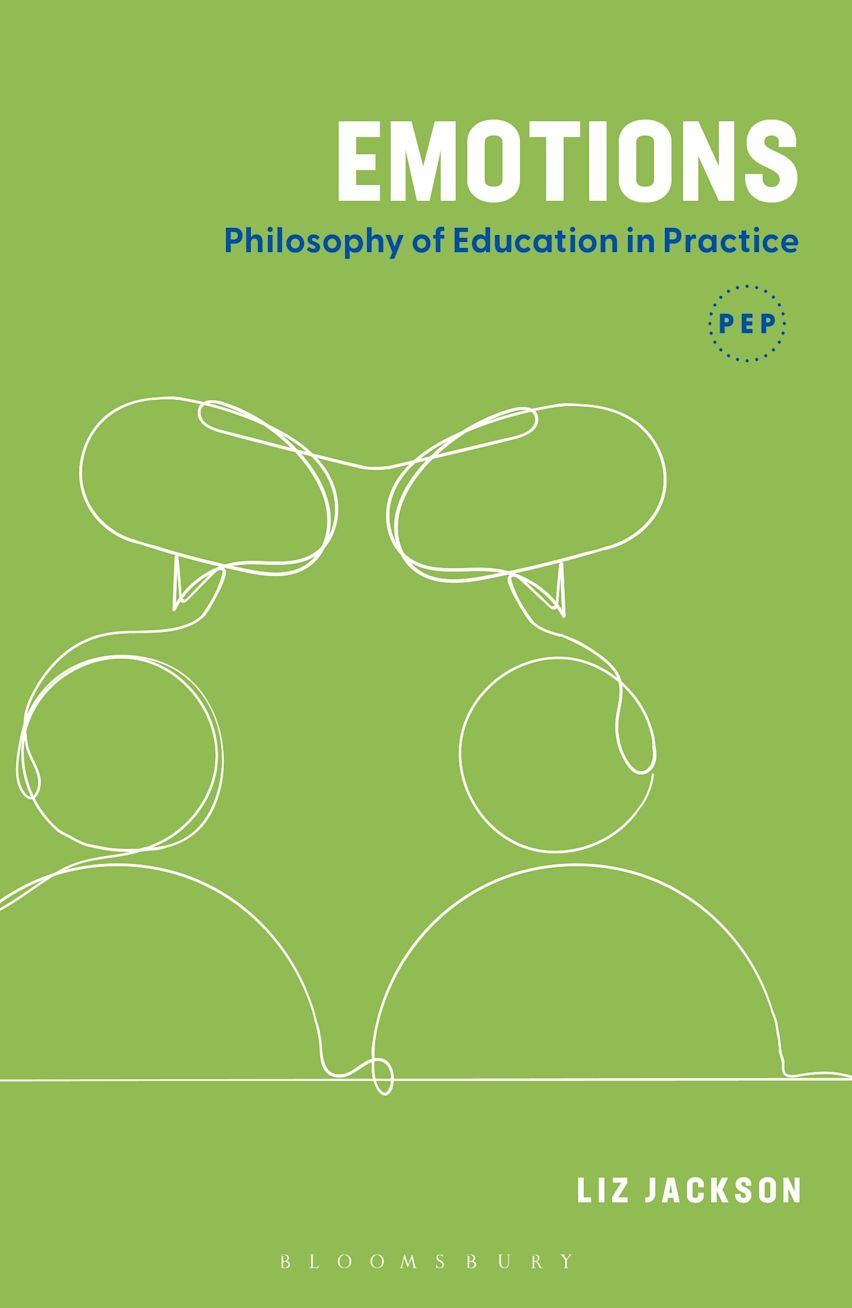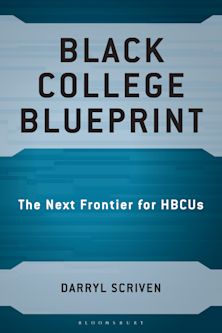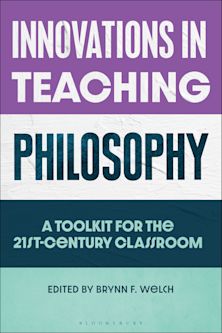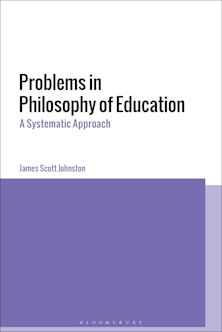- Home
- ACADEMIC
- Education
- Philosophy of Education
- Emotions
You must sign in to add this item to your wishlist. Please sign in or create an account
Description
Schools and other forms of education have significant impacts on people's views about emotions and emotional experiences. This book helps students and educators to better understand emotions and their significance in social life and in education. It shows how we often take it for granted that certain emotions, such as happiness, are 'positive', while others are 'negative' and how personal characteristics such as gender, ethnicity, and race, can make an unfair difference when it comes to what emotions are expected or accepted. It also focuses on how emotions are understood as functional and as moral by different theoretical traditions, from psychology to philosophy. Written in an accessible format, the book encourages broad reflection on what emotions are and why they matter, in relation to the aims of education, what it means to be a good person, and equality and social justice.
Table of Contents
Introduction
1. What Are Emotions?
2. Emotions in Education
3. Problems and Challenges
Conclusion
References
Index
Product details

| Published | 27 Jun 2024 |
|---|---|
| Format | Ebook (PDF) |
| Edition | 1st |
| Extent | 136 |
| ISBN | 9781350348776 |
| Imprint | Bloomsbury Academic |
| Series | Philosophy of Education in Practice |
| Publisher | Bloomsbury Publishing |
About the contributors

ONLINE RESOURCES
Bloomsbury Collections
This book is available on Bloomsbury Collections where your library has access.



































